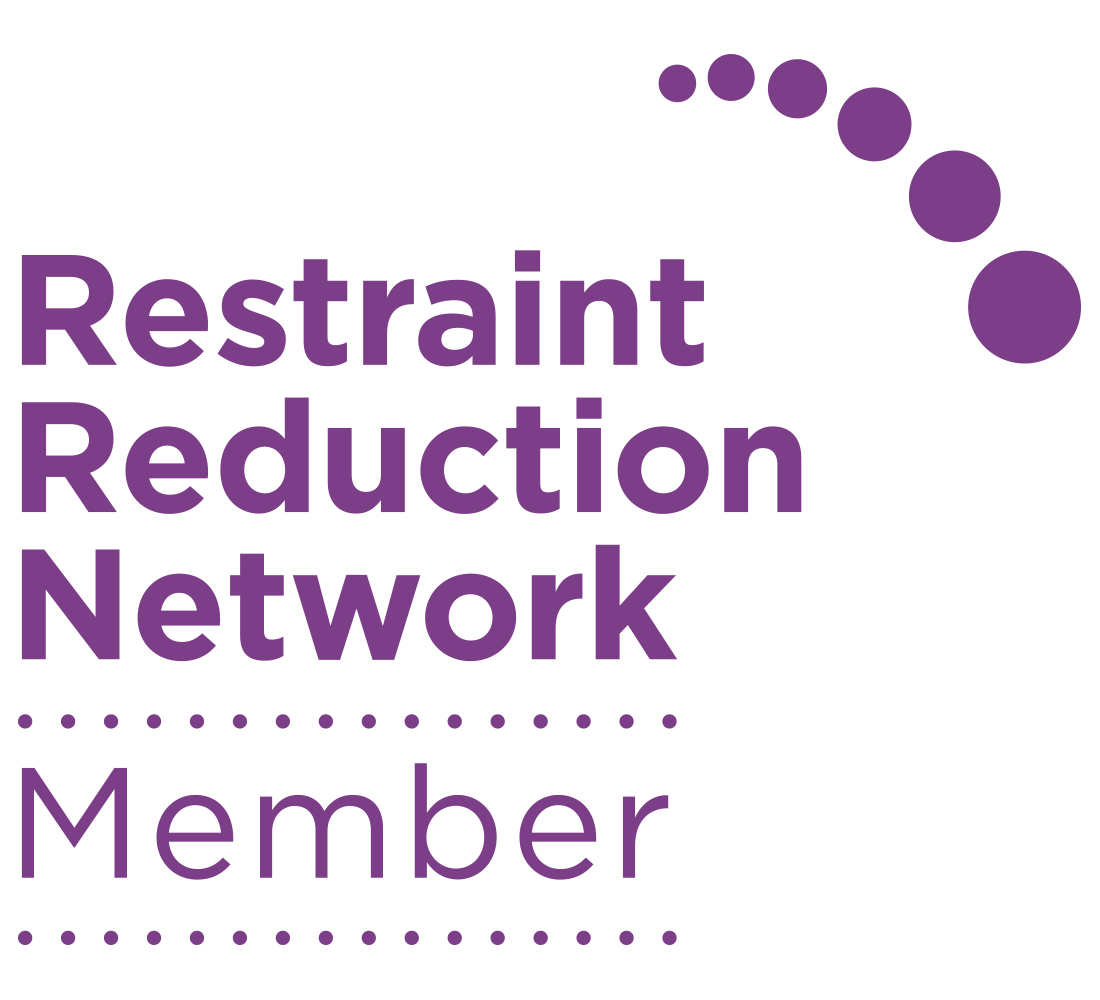English
Why do we teach English?
We teach English to enable and empower our young people to actively participate and communicate in their communities and with the wider world. We aim to open the doors to education and give access to life-long learning and the world of work.
Intent:
As an inclusive school, our goal is to make learning in English accessible to everyone. All students at ACE should have positive educational experiences that give them a sense of place and an understanding of the past that can positively influence their actions in the present.
We aim to improve our students’ opportunities to gain cultural capital, broaden their language and communication skills and support students to become confident young adults, and active, independent citizens. We believe that regardless of a young person’s starting point, everyone can be supported to achieve and experience success.
Our goal is to ensure our students receive a wide-ranging and engaging curriculum in all key stages, and the opportunity to acquire qualifications to support students’ aspirations.
Implementation:
The curriculum is both flexible and challenging, incorporating a wide variety of texts from literature and the present day, fiction and non-fiction.
As a Trauma Informed school, we carefully select the texts we study. For externally set GCSE Literature texts, we ensure that the content delivery is mindful of students’ adverse childhood experiences, and that any issues raised in the text are managed with sensitivity.
Our varied strategies and approaches to literacy impart the skills our students need to enable them to achieve qualifications and begin the journey to their chosen careers and aspirations. To meet the varying needs of our students, we offer a wide range of qualifications, extending from Entry Level Certificate to GCSE. For more information about the qualifications we offer, click the links in our qualifications section.
The English department aims to support young people in the acquisition of sound literacy skills, exposure to cultural capital and to become resilient and confident citizens who can access all aspects of society and the world of work.
We have therefore implemented the following:
- Established a strong reading assessment in the form of Salford Reading Test
- Established RWI / Fresh Start in our WRAP provisions for primary students and those that need additional phonics in KS3/4
- Accelerated Reader - for students who are not on the RWI/Fresh Start program
- Word of the Week supports the building of ambitious and expressive vocabulary and cultural capital.
- Established new qualification: AQA’s Step Up Entry Level Certificate, as it develops the same AOs and has a more fluid transition to GCSE English Language and Literature.
- GCSE English Language
- GCSE English Literature
- Drama is available as part of the Bretonside curriculum
- Expansion of Arts Award offer, in collaboration with the Art & DT department
In addition, we have a program of cultural experiences, including an annual trip to the Christmas pantomime.
Impact:
The roll-out of RWI/Fresh Start has been successful in enhancing the progress of primary students. The benefits of this intervention can be seen in students enjoying greater confidence in reading and their ability to access more challenging learning as a result.
Word of the Week is ensuring students are developing their vocabulary in order to access higher grades.
The up-dated schemes of learning are providing a fluid transition from Entry Level to the challenges of GCSE English Language and Literature, ensuring students are developing the skills needed for GCSE over a longer period of time. The schemes are fully adaptable, so staff can create a bespoke learning experience for all students, even if they are taught in a group setting.
At ACE we recognise the need for functional literacy and the positive impact that it has on the lives of our students and their families.
We also know the importance of academic challenge and the benefits a knowledge of historical context can have; enabling young people to make more informed decisions which can lead to greater opportunities.
Finally, the positive impact of improved verbal and written communication skills is a core part of what we do at ACE. It is fundamental to academic success, but even more vital to the social and emotional mental health and wellbeing of the young people we serve.
English Qualifications at ACE:
- AQA Step Up to English Silver Award (Entry Level 1-2 Certificate) / AQA Step Up to English Gold Award (Entry Level 3 Certificate) AQA | English | ELC | Step Up to English
- AQA GCSE English Language AQA | English | GCSE | English Language
- AQA GCSE English Literature AQA | English | GCSE | English Literature
- Arts Award Arts Award
Curriculum Plans:









